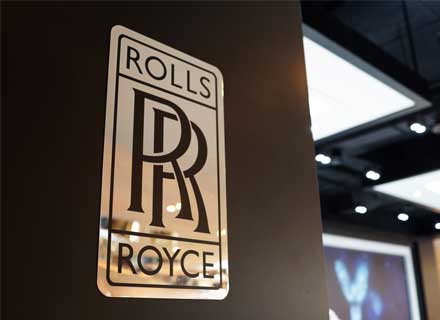Making the aviation sector sustainable and clean has become the new mantra among the industry players as they increase their R&D investments in breakthrough technologies like hybrid-electric aircraft and Sustainable Aviation Fuel (SAF).
Following the current industry trend, British aviation behemoth Rolls-Royce has announced its new small gas turbine which will power future hybrid-electric flights, and as per the reports, the engine will begin testing in 2023 itself.
The engine is part of a turbo generator system that will cater for the Advanced Air Mobility market, including the electrical vertical take-off and landing (eVTOL) aircraft for urban air mobility for future smart cities and commuter aircraft applications up to 19 seats.
The turbo generator system will reportedly complement the existing Rolls-Royce Electrical propulsion portfolio as it will come with an onboard power source with scalable power offerings between 500kW and 1200kW, while enabling extended range on SAF. The application will have a scope for inducting hydrogen combustion in the coming years too, thus enabling electric battery-powered commercial aircraft to perform flight operations at longer routes.
Olaf Otto, President of Rolls-Royle Electrical, told the media, “Rolls-Royce will be the leading provider of all-electric and hybrid-electric power and propulsion systems for Advanced Air Mobility. The Pass-To-Test (PTT) of our brand-new small engine that will power our turbo generator system is an important step forward. This product will enable our customers to extend the routes that electric flight can support and means more passengers will be able to travel further on low to net zero emissions aircraft.”
The ongoing development of the turbo generator system will combine the aviation giant’s electrical and gas turbine development competencies. Also, the turbogenerator can be used in serial or parallel hybrid applications, as the product will be suited for recharging batteries, apart from providing energy to electrical propulsion units directly, thus enabling an aircraft to switch between power sources during its flight operations.
The research and development of this new small engine has got partial funding from the German Ministry for Economic Affairs and Climate Action.
Rolls-Royce will test the engine on SAF, at its test facility in Germany’s Dahlewitz. The Rolls-Royce Power Gearbox test facility has already been modified to accommodate the new engine’s testing, a crucial function which will confirm the engine’s technical parameters.
Update On The Pearl 10X Program
Rolls-Royce’s other flagship engine program, called ‘Pearl 10X’, is going at a steady pace.
The engine prototype has successfully accumulated over 1,500 testing hours. The project team is now preparing for the next phase of the flight test, which will be done on Rolls-Royce’s dedicated Boeing 747 flying test bed in Arizona, later in 2023.
The Pearl 10X will be the first Rolls‑Royce engine to power a business jet of French aviation behemoth Dassault.
Rolls-Royce has claimed that all the completed ‘Pearl 10X’ tests so far have confirmed the engine’s reliability, apart from meeting the performance requirements to power Dassault’s upcoming flagship business jet called the ‘Falcon 10X’.
The development phases of the ‘Pearl 10X’ engine have so far seen its new ultra-low emissions ALM combustor being put under rigorous tests. The combustor is dubbed to be 100% compatible with Sustainable Aviation Fuel and the engine’s new accessory gearbox will also allow additional power extraction.
The engine reportedly surpassed its target thrust levels on its maiden trial run earlier in 2023 and once certified for production, will be the most powerful business aviation power plant in the whole Rolls-Royce portfolio.

